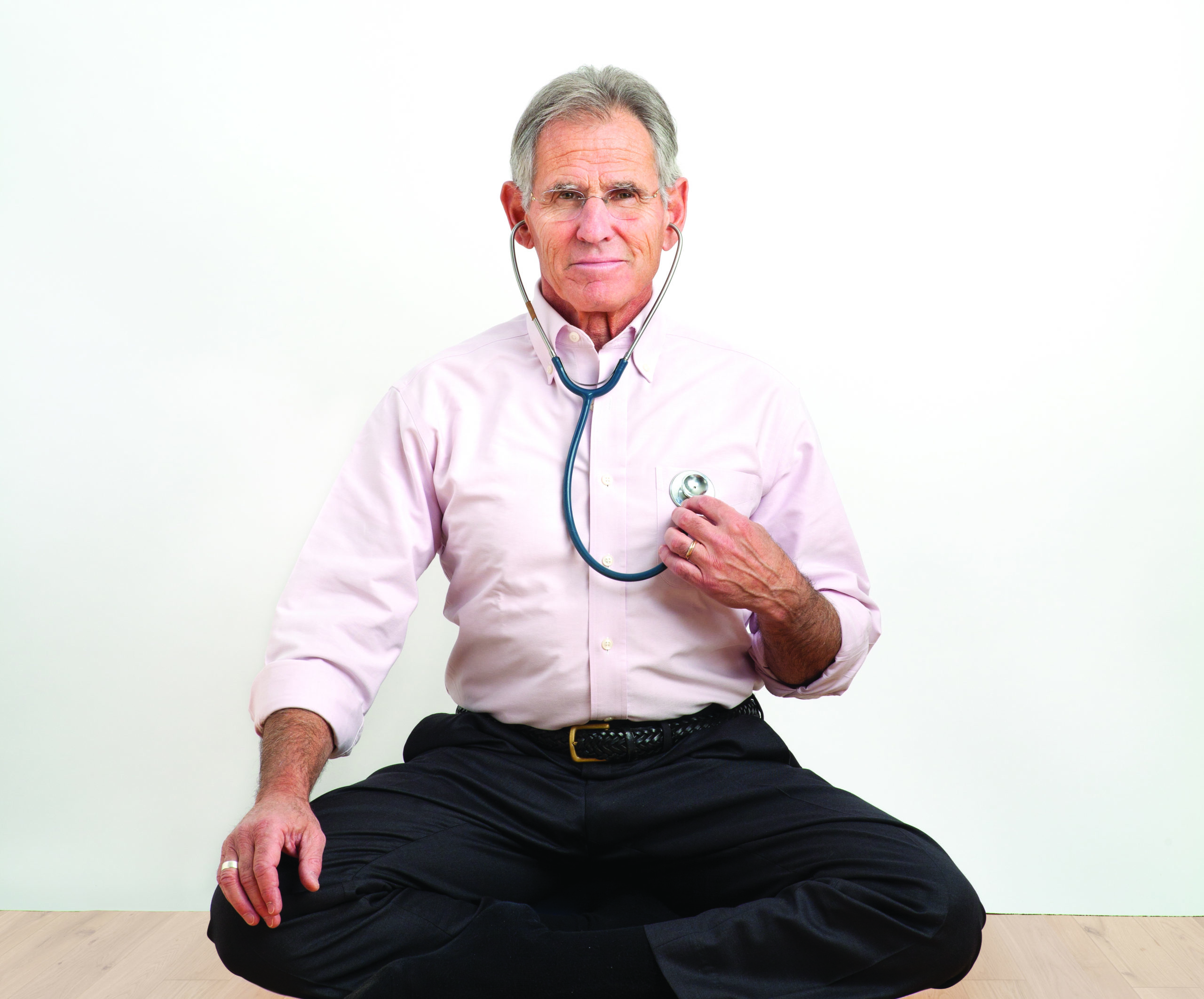We all know the saying: Do you tend to see the glass half-empty, or half-full? Evolutionarily speaking, it’s probably half empty. We are much more likely to notice, react to, and remember unpleasant, distressful, negative experiences than pleasant, soothing, positive ones. Our brain has this negativity bias hard-wired in to ensure our survival, as individuals and as a species. Early in human history, those who were more attuned to danger and who paid more attention to potential threats were more likely to survive. (In today’s circumstances, we might say that those who take the most rigorous precautions are likely to be safer from the coronavirus than those who underestimate its danger.)
So, in many ways, the negativity bias makes sense for survival. But to be resilient, to respond to distressing events in a positive, flexible, effective way, to discern the options we have and take wise action, we also need to be able to shift the brain out of negativity, reactivity, and contraction, toward receptivity and openness to the big picture.
Learn to Shift the Brain Out of Negativity
Mindfulness teaches us to focus our awareness on our feelings, on the tone of our experience. Mindful self-compassion teaches us to notice and focus on our feelings, but then gives us a practice to shift those feelings. This choice to shift our response to our feelings is important for our resilience.
Mindfulness teaches us to focus our awareness on our feelings, on the tone of our experience. Mindful self-compassion teaches us to notice and focus on our feelings, but then gives us a practice to shift those feelings.
Hundreds of studies now validate that cultivating positive emotions—gratitude, kindness, joy, awe, delight—will shift the functioning of the brain from negative to more positive. This creates more openness, more collaboration with other people, more optimism. Self-compassion is a very powerful practice to trigger that brain shift. The direct, measurable outcome of self-compassion practice is resilience. So we engage the power of self-compassion not just to feel better, but to function better.
Mindful self-compassion is a practice protocol developed by Chris Germer at Harvard and Kristin Neff at University of Texas-Austin. It simply brings awareness and acceptance to your emotional experience, no matter how upsetting it is. At an even deeper level in your brain, it brings awareness and acceptance to yourself as the experiencer of the experience. Here are two simple practices from mindful self-compassion that can help your mind to grow toward the light of seeing the glass-half-full.
Two Self-Compassion Practices to Rewire Your Brain for Resilience
1. Try a Self-Compassion Break
This is an exercise in shifting our awareness and bringing acceptance to bear on the experience of the moment, in the moment. It helps to practice this self-compassion break when any emotional upset or distress is still reasonably manageable—to create and strengthen the neural circuits that can do this shifting and re-conditioning when things are really tough.
- Any moment you notice a surge of a difficult emotion—boredom, contempt, remorse, shame—pause, put your hand on your heart (this activates the release of oxytocin, the hormone of safety and trust).
- Empathize with your experience—recognize the suffering—and say to yourself, “this is upsetting” or “this is hard!” or “this is scary!” or “this is painful” or “ouch! This hurts” or something similar, to acknowledge and care about yourself as the experiencer of something distressing.
- Repeat these phrases to yourself (or some variation of words that work better for you):
May I be kind to myself in this moment.
This breaks the automaticity of our survival responses and negative thought loops.
May I accept this moment exactly as it is.
From William James, considered the founder of American psychology: “Be willing to have it so. Acceptance of what has happened is the first step to overcoming the consequence of any misfortune.”
May I accept myself exactly as I am in this moment.
From humanist psychologist Carl Rogers: “The curious paradox is that when I accept myself exactly as I am, then I can change.”
May I give myself all the compassion I need.
Compassion is a resource for resilience, and you are equally as deserving of your own compassion as others are.
- Continue repeating the phrases until you can feel the internal shift: The compassion and kindness and care for yourself becoming stronger than the original negative emotion.
- Pause and reflect on your experience. Notice if any possibilities of wise action arise.
2. Explore Self-Compassion as an Ongoing Way of Being
I often practice an expanded variation of the traditional mindful self-compassion phrases:
May I be kind to myself in this moment, in any moment, in every moment.
May I accept this moment exactly as it is, any moment, every moment.
May I accept myself exactly as I am in this moment, in any moment, in every moment.
May I give myself all the compassion and courageous action that I need.
This variation, like the traditional self-compassion break, is completely portable and effective anywhere, anytime. And this variation helps deepen the practice of mindful self-compassion into an ongoing way of being.
read more
Resilience Expert Offers Three Ways to Tap into the Wisdom of the Body
Linda Graham presents a full toolbox of practices to help you meet the chaos of life with awareness, acceptance, and deep knowledge that you have the strength to work with it all.
Read More
How Mindfulness Can Help You Navigate the Coronavirus Panic
Your mindfulness practice can help you mitigate not only the fear and uncertainty of COVID-19, but can even help you quit touching your face all day.
Read More
How To Make Friends With What You’re Feeling
Mindfulness doesn’t protect us from feeling fear, anxiety, and grief, but it can offer tools to navigate those complicated emotions.
Read More










